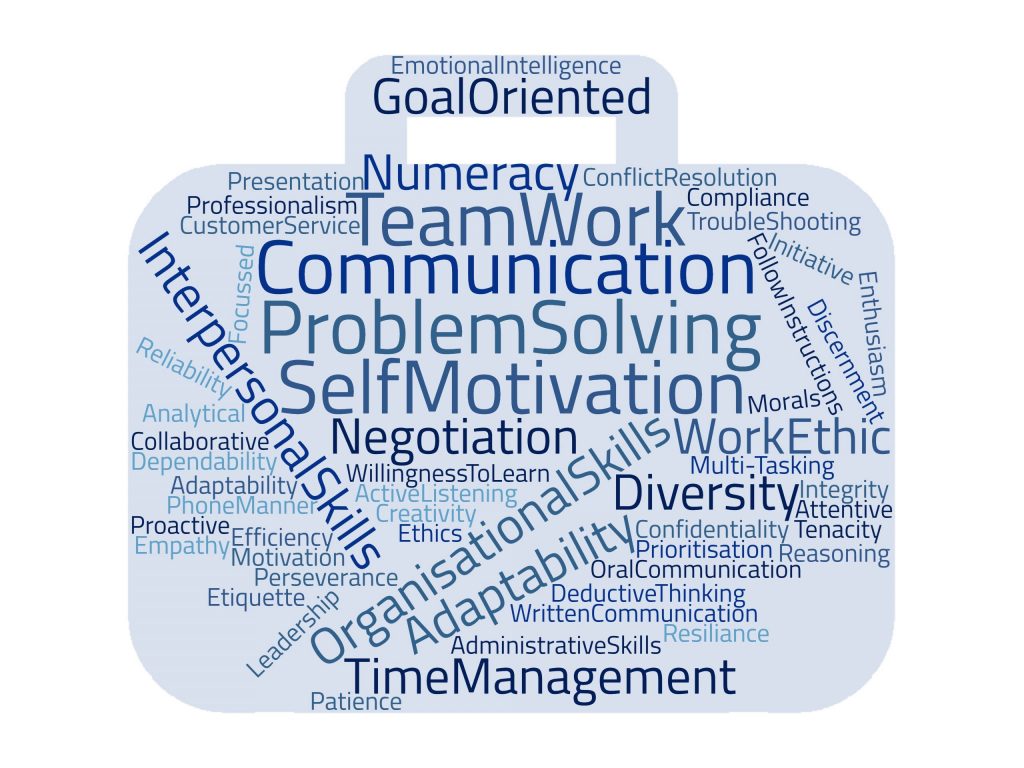Edition: August 7th, 2021
Curated by the Knowledge Team of ICS Career GPS

- Excerpts from article by Bhairavi Jhaveri, published on livemint.com
The professional repercussions of the second COVID-19 wave have been drastic, to say the least. A repeat of localised curfews and business shutdowns radically derailed the academic and career plans of fresh graduates and young professionals in India.
A study by LinkedIn on India’s Gen Z population echoes their plight by showing that 60% of them today are personally, professionally and financially affected owing to the second wave.
These dynamic times have renewed the need for a collective hiring and upskilling revolution.
Using some simple techniques and self-assessment tips, aspirants can beat the odds and develop the right skills to become more employable.
Here are some strategies to help you become more employable in today’s skill-based hiring landscape:
1. Trust your instincts when deciding on a job profile
- It may sound like a cliché, but it’s true that each of us is more inclined to certain skills and job profiles, and that’s possibly where our natural instinct lies.
- When you act from a place of instinct or deep knowledge of your inherent capabilities, growth, joy and success come within reach.
- Taking some time to find job roles and profiles that are best suited for you, that spark joy, and make you feel naturally skilled at it, will hold you in good stead in your career.
2. Nurture that one hard skill
- When we think of hard skills, we typically only think of tech skills like coding.
- But domain expertise, functional expertise or strong writing skills also qualify as hard skills and can help you build a strong foundation to stand on.
- As you think about the career you want to build, don’t get overwhelmed by charting a 10-year road map.
- Simply ensure you are honing and nurturing skills that belong in a similar skills cluster. This way, you will still be banking on your hard skills even when you switch job profiles or industries.
3. Ask more questions to learn more
- If you are in the early stages of your career, staying curious and asking questions for more information can accelerate professional growth.
- It also makes you seem like an active listener and worker overall, showcasing that you are taking a proactive interest in your career growth and job profile.
- With matrix organisations and large companies, information is often not doled out in a ready-made format. The onus lies on you to collaborate, ask questions, dig out the details to succeed at your job.
4. Work to build your professional credibility
- As a young professional, it is important to understand how your work ethic builds strong credibility, trust and reputation.
- For instance, a common pet peeve of the corporate world is emails going unanswered or falling through the cracks.
- There are professionals who choose to avoid this intentionally, and for others, they are unable to find an email unclogging system that works for them.
- In the early years, it is critical that you find a way to close the loop on emails, messages, or any other open requests.
- Follow-ups can take up a lot of time but they contribute heavily to your reputation at the workplace.
5. Seek counsel when you get stuck
- The world of work has become extremely complicated, and the larger the company, the more complex the processes.
- As a professional, there should be no shame in asking for help to find solutions when you are stuck.
- Seeking counsel also helps to build a trusted council of mentors, friends at work and outside work to guide you through different problems that may arise in one’s professional life.
- Staying authentic to who you are, and staying confident of your capabilities will help in alleviating any stress that may come from having doubts when you are in a new job or a new career.
6. Understand what the boss wants
- Building a strong, healthy relationship with your boss or manager is critical to your professional growth, but nobody tells you how to do it.
- A tenet to live by is to understand your boss’s expectations—and then finding a way to achieve them.
- This also helps align your work and focus areas, and keeps you in rhythm with your manager and the work ecosystem you are part of.
- Understanding your boss’s expectations may not be easy to gauge, but by paying attention, asking questions and building an easy rapport, you will soon be able to read between the lines.
…
(Disclaimer: The opinions expressed in the article mentioned above are those of the author(s). They do not purport to reflect the opinions or views of ICS Career GPS or its staff.)
Like this post? For more such helpful articles, click on the button below and subscribe FREE to our blog.




